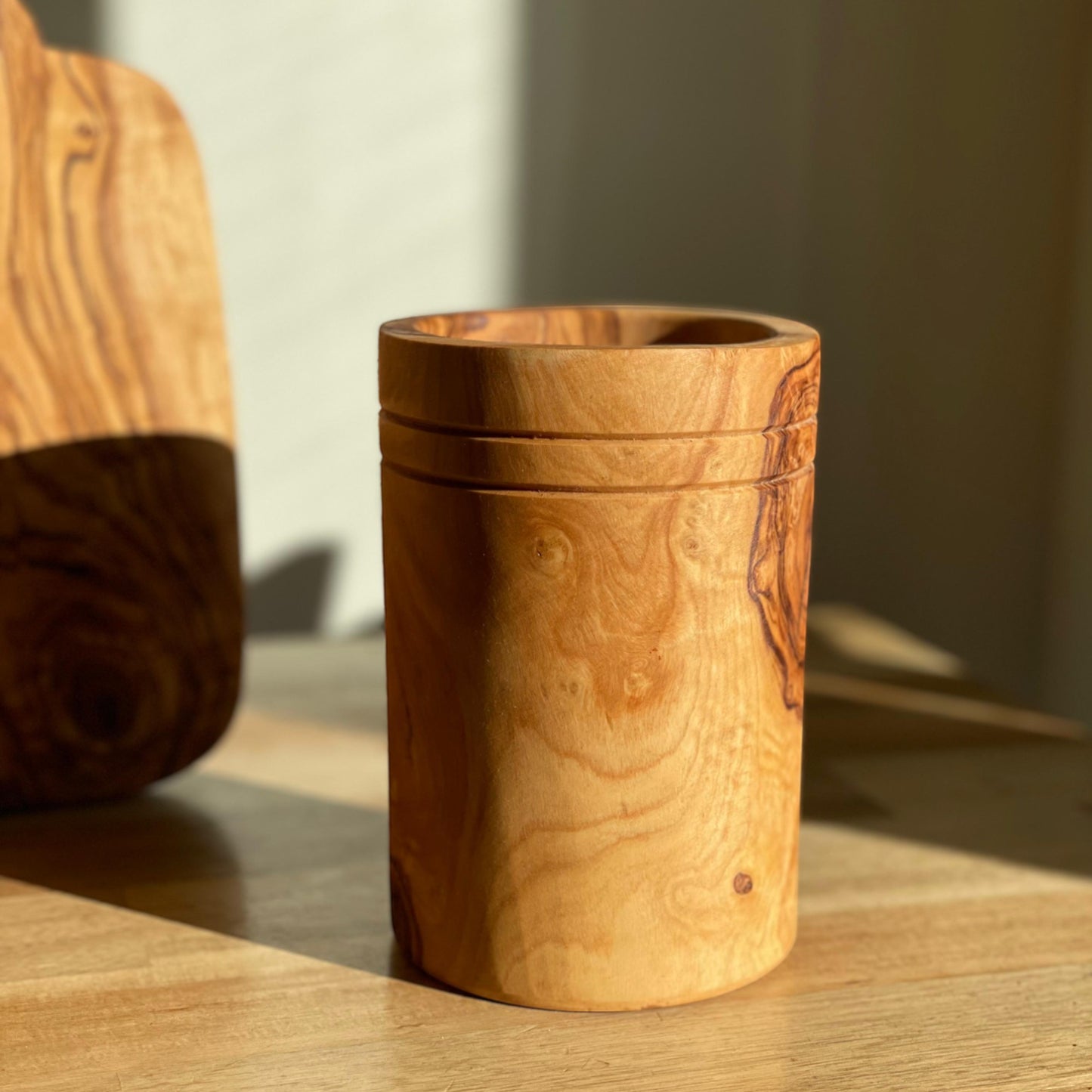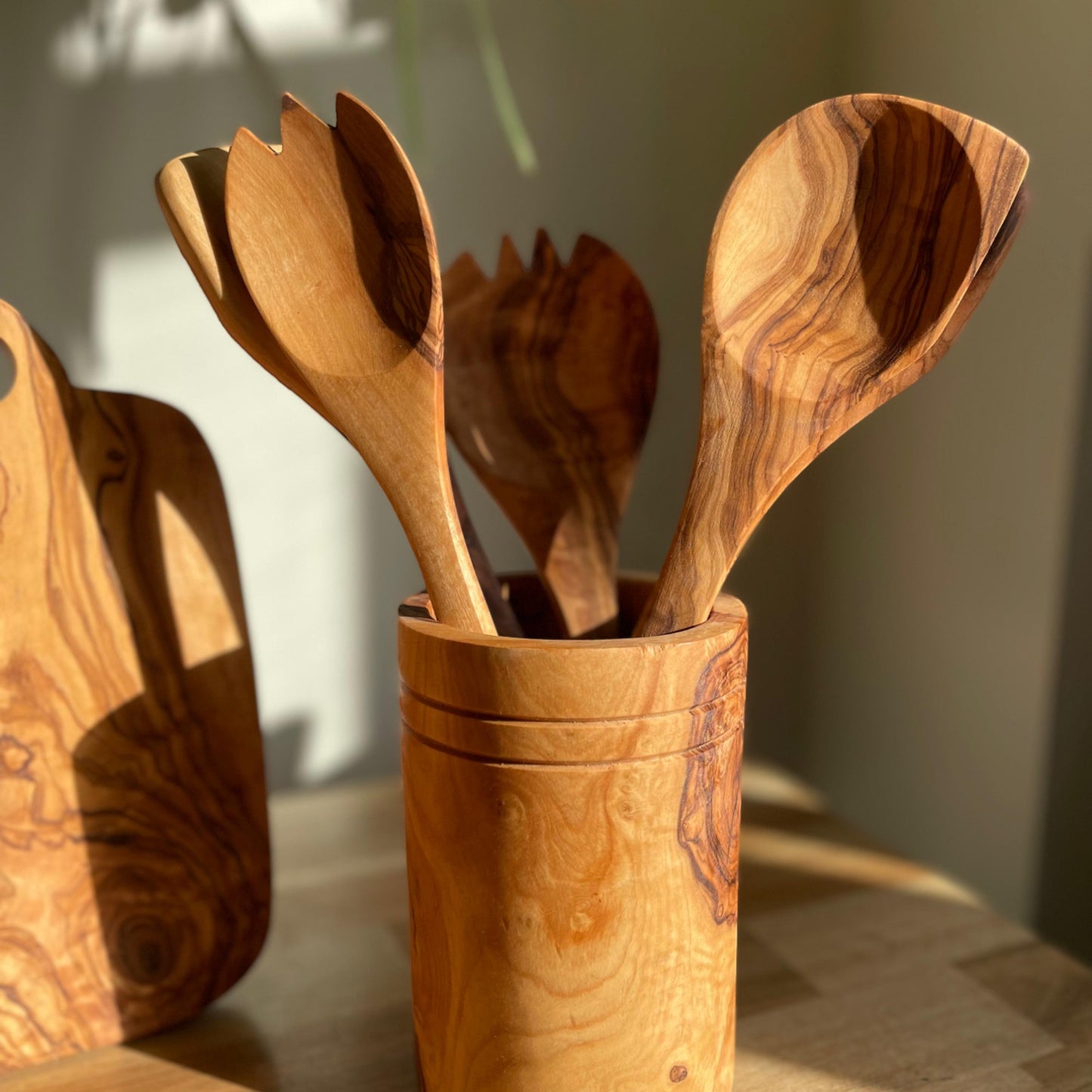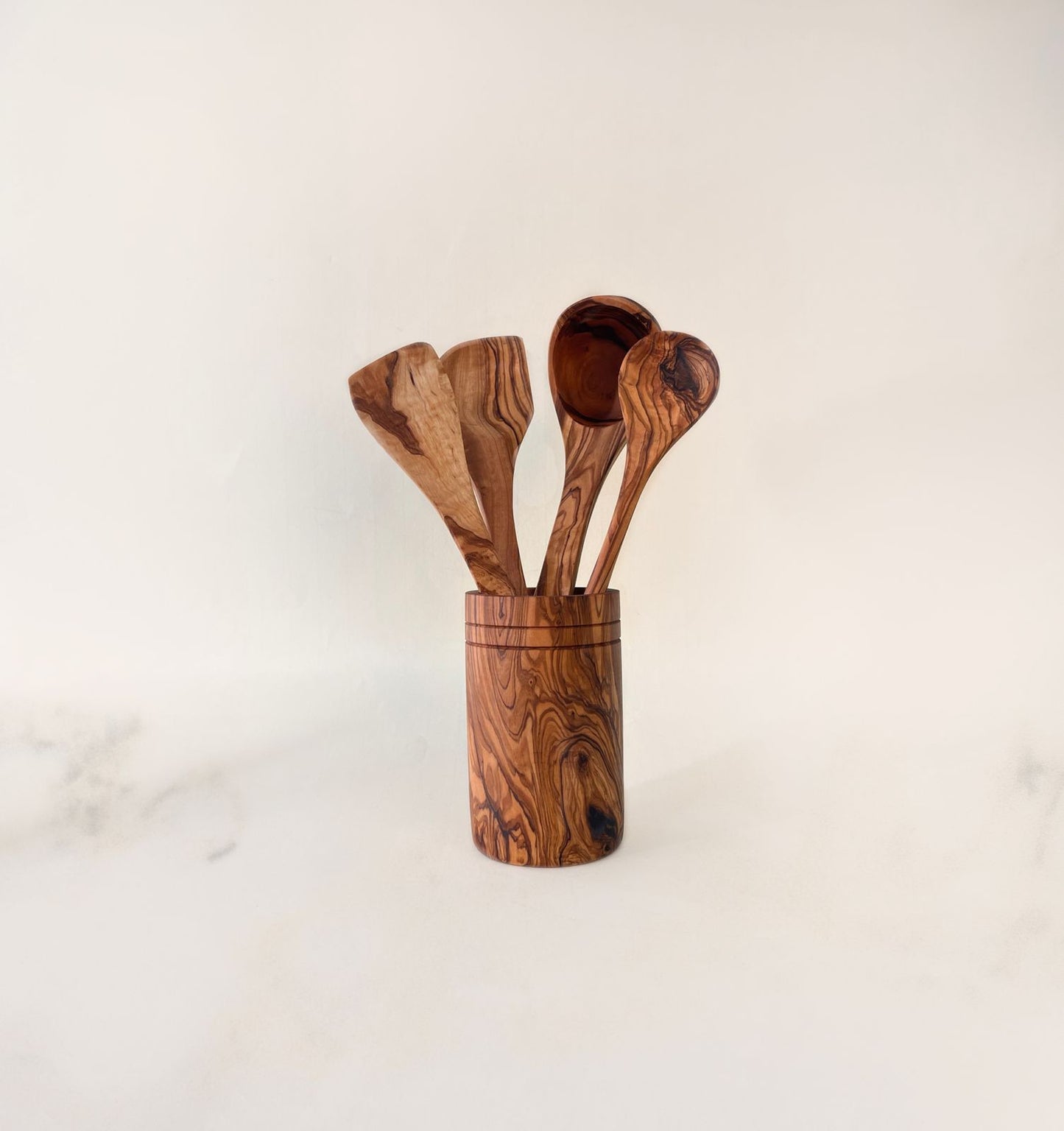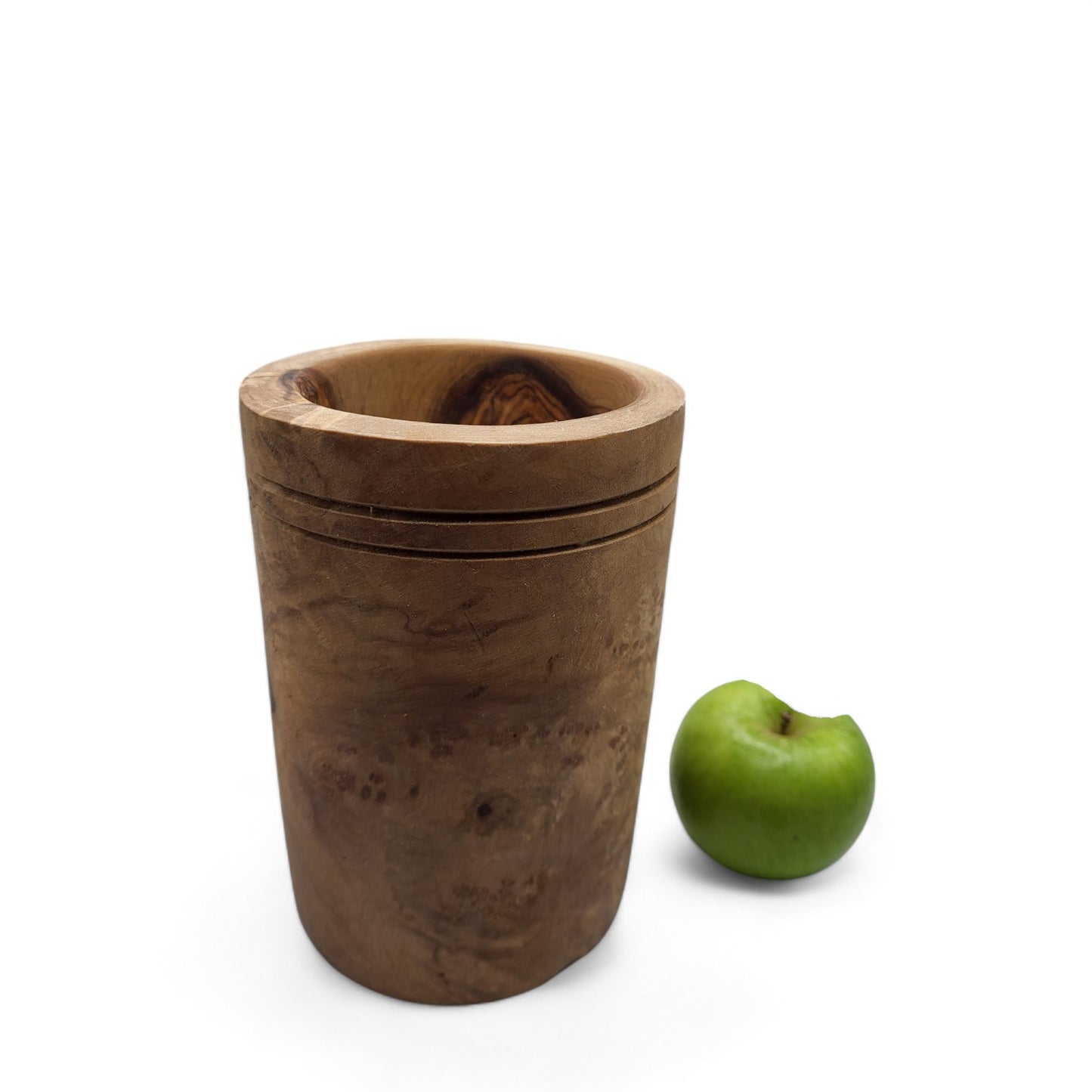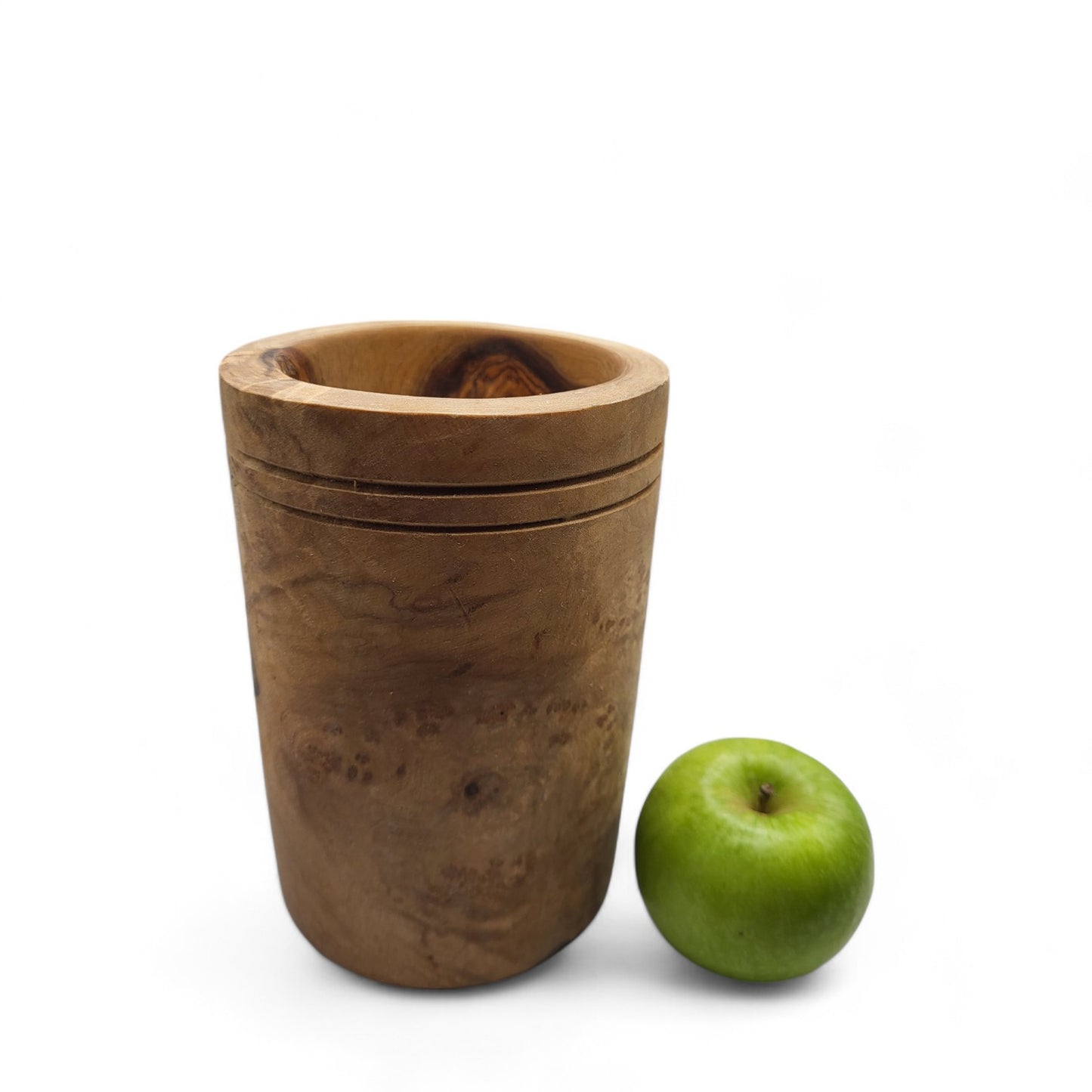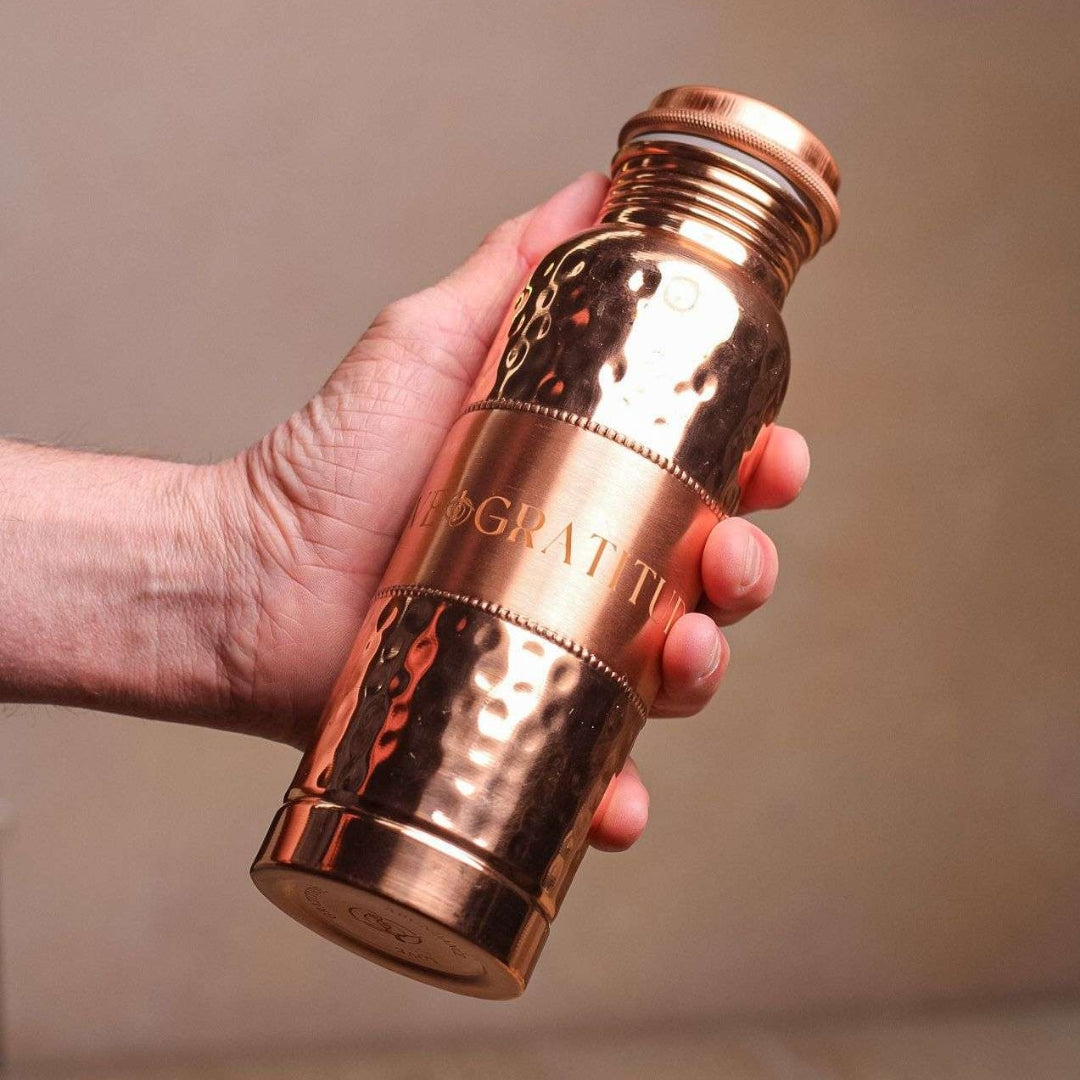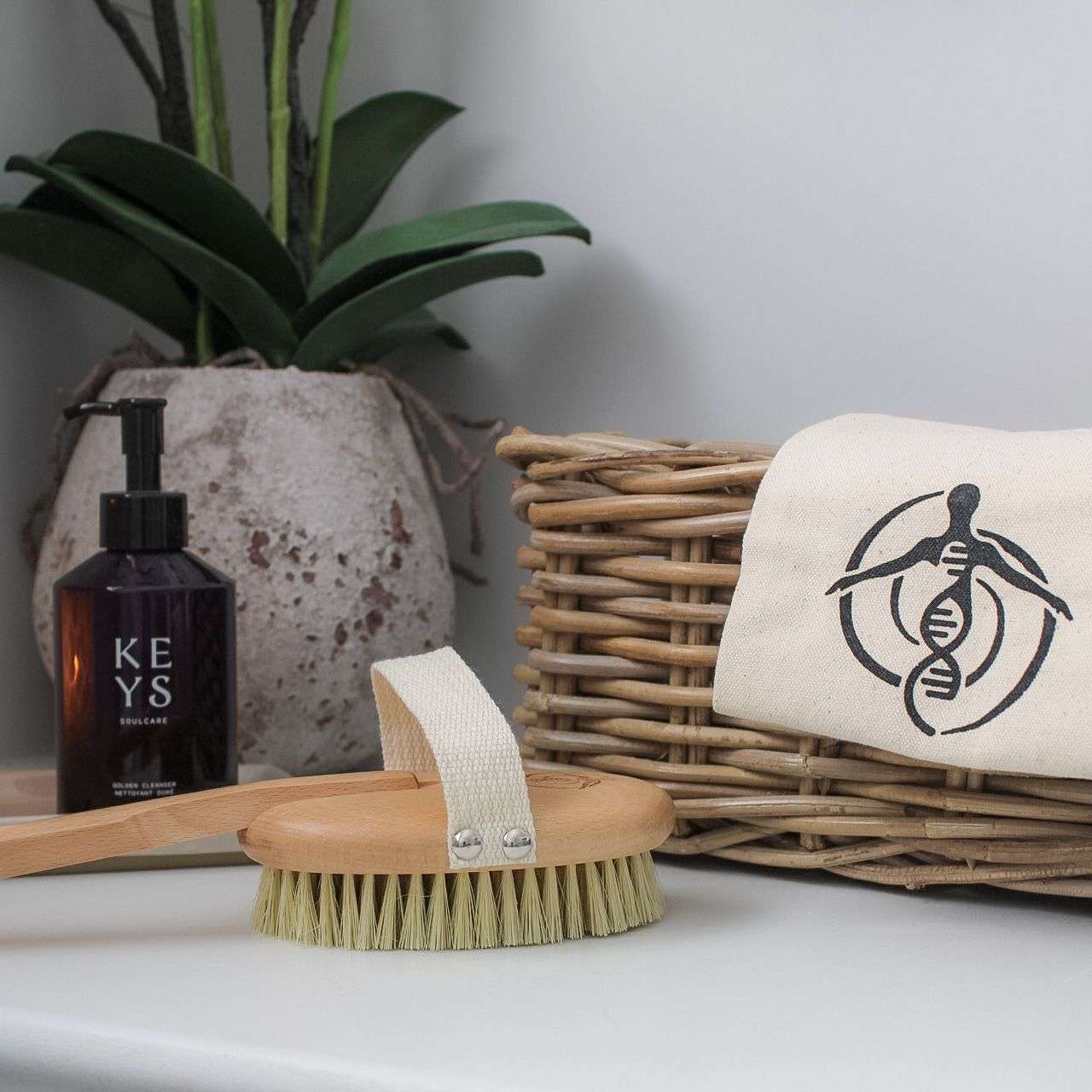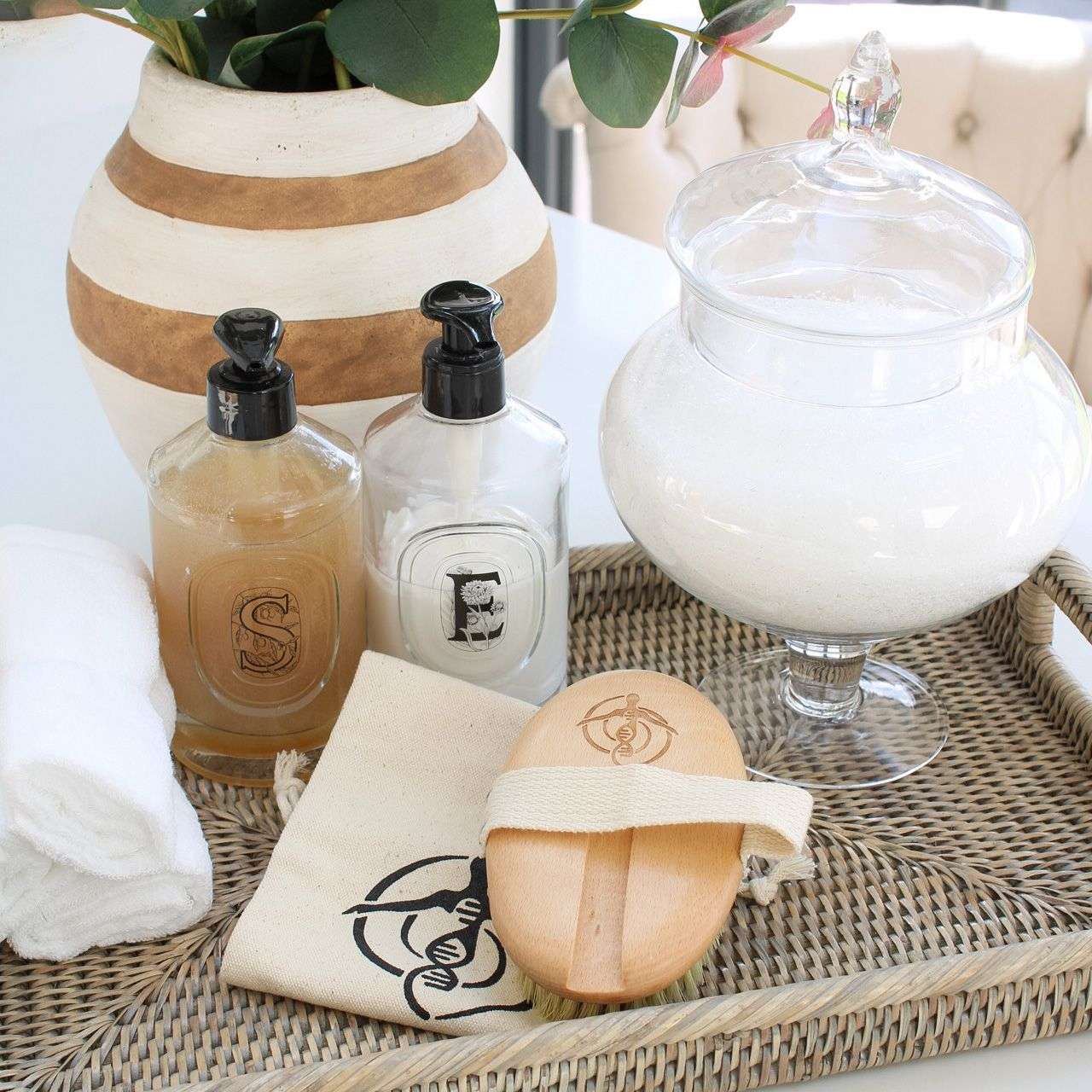This store requires javascript to be enabled for some features to work correctly.
In the culinary world, olive wood takes center stage as a preferred material for kitchenware and tableware. Its natural antibacterial properties make it an excellent choice for cutting boards, serving dishes, and utensils,ensuring a hygienic and safe food preparation environment.

In an era dominated by mass production and ever-changing trends, the craft of working with olive wood remains a powerful symbol of tradition and heritage. The age-old methods of shaping and carving olive wood, handed down through generations, forge a link to our past while encouraging future artisans to continue the legacy. From the detailed carvings of religious relics to the understated beauty of a handmade cutting board, each piece of olive wood artistry embodies a narrative of skill, devotion, and a deep respect for the land.
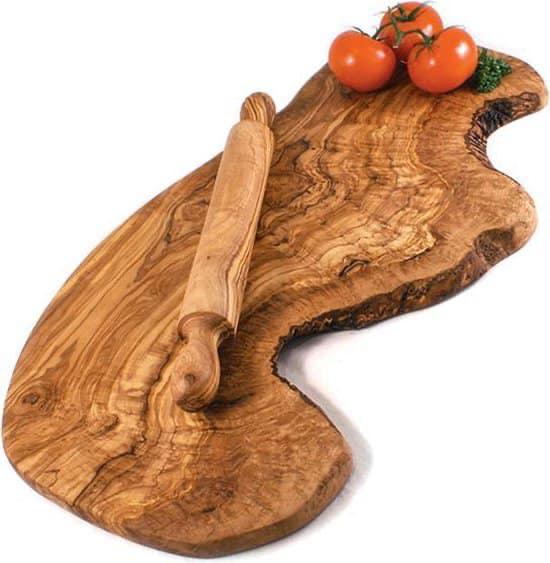
Using olive wood utensils is an excellent way to maintain a toxin-free kitchen, as they help avoid the risks associated with microplastics and PFAS (per- and polyfluoroalkyl substances). Unlike plastic utensils, which can shed microplastics into your food and potentially release harmful chemicals when exposed to heat, olive wood utensils are completely natural and free from synthetic materials. Olive wood is treated without the use of chemicals or solvents, ensuring that no toxic substances leach into your meals.
Additionally, olive wood's natural antibacterial properties contribute to a healthier kitchen environment. By choosing olive wood utensils, you not only reduce your exposure to harmful toxins but also support a more sustainable and eco-friendly lifestyle. This commitment to using natural materials ensures that your kitchen remains safe and healthy, protecting both your family and the environment from the dangers of microplastics and PFAS.
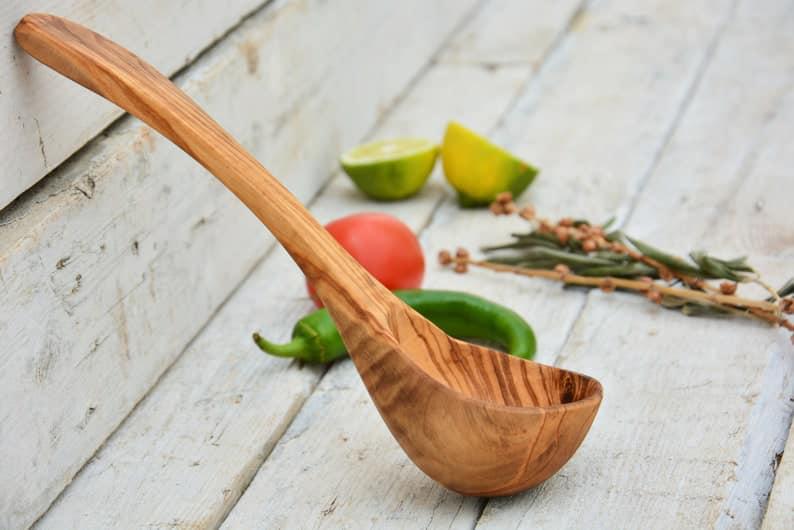
One of the most impressive qualities of olive wood is its exceptional strength and durability. Despite its relatively light weight, olive wood is remarkably resilient and can endure the passage of time with ease. Whether transformed into furniture, kitchen utensils, or artistic creations, olive wood items showcase an unmatched longevity. This robustness is further augmented by the wood's inherent resistance to decay, pests, and fire, ensuring each piece remains as robust and attractive as the day it was made.
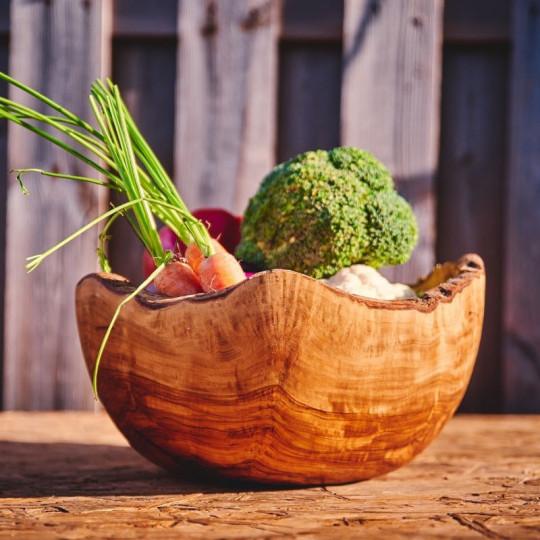
In addition to its strength and durability, olive wood is renowned for its stunning grain and warm, inviting hues. Every piece displays the distinctive patterns and markings of the olive tree, creating a rich mosaic of textures that add depth and character to any project. Whether used in the creation of furniture, sculptures, or kitchenware, olive wood imparts a unique elegance and charm, enhancing the visual appeal of any setting.
Olive wood is an excellent choice for kitchen utensils due to its durability, natural antibacterial properties, and resistance to staining and odours. Its dense grain and hardness make it less prone to scratches and wear, ensuring a long-lasting, beautiful addition to your kitchen.
To care for your olive wood utensils, wash them by hand with warm, soapy water and dry them immediately. Avoid soaking them in water or placing them in the dishwasher, as this can cause the wood to crack or warp. Periodically, you can rub the utensils with food-grade mineral oil or olive oil to maintain their luster and prevent drying out.
Yes, olive wood products are environmentally friendly. Olive wood is sourced from pruned branches or trees that no longer produce fruit, making it a renewable resource. This sustainable practice reduces waste and environmental impact, ensuring that the production of olive wood products supports ecological balance.
Absolutely! Olive wood utensils are ideal for use with non-stick cookware as they do not scratch or damage the non-stick coating. Their smooth surface and gentle touch make them a safe and effective choice for all types of cookware.
Olive wood utensils do not require special maintenance but benefit from regular oiling to keep the wood hydrated and looking its best. This simple upkeep helps prolong the life of the utensils and preserves their natural beauty.
Olive wood has natural antibacterial properties, which can help reduce the presence of harmful bacteria in your kitchen. Additionally, because olive wood is treated without chemicals or solvents, it remains a safe and healthy choice for food preparation.
With proper care, olive wood utensils should remain intact and free from cracks or splits. It is essential to avoid prolonged exposure to water and extreme temperatures. Regular oiling can also help prevent the wood from drying out and developing cracks.
Olive wood products are often considered superior to other wooden kitchen tools due to their hardness, durability, and unique grain patterns. The aesthetic appeal of olive wood, combined with its practical benefits, makes it a preferred choice for many chefs and home cooks.

